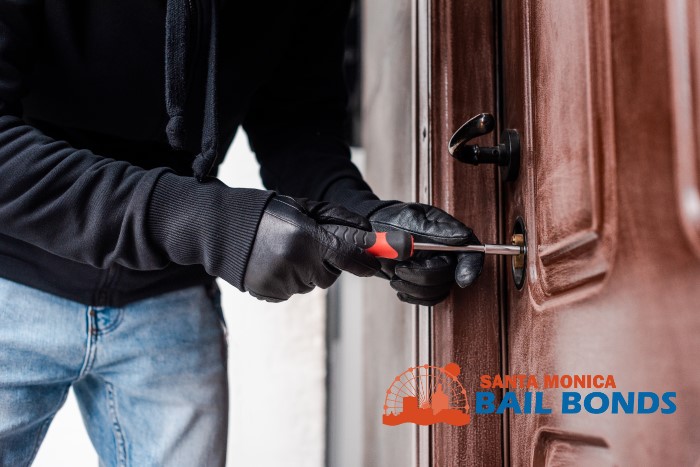California lawmakers created Penal Code 459 to address the issue of home burglary in the state. When you read through the law, you’ll notice an interesting detail. It states that a burglary occurs when a person enters a home with the express purpose of committing a felony or stealing something. That implies that you should only be charged with home burglary if there was clear intent.
What should happen and what does happen aren’t always the same thing. It’s likely that you will still be charged with home burglary if you take something from the house, even if that wasn’t your original plan. Prosecutors will argue that the fact you ultimately took an item, no matter how large or small it may be, shows that the intent was there, even if it wasn’t a fully formed plan when you first entered the home.
One of the interesting things about the burglary is that just like murder and assault, there are different degrees of burglary. In California, you’ll be charged with first-degree burglary if you stole from a person’s home. However, if you didn’t enter the home, but rather stole from a different structure on the property, you’ll only be charged with second-degree burglary.
Burglary that involves a commercial property is charged as second-degree burglary.
Many people assume that burglary is just another word for breaking and entering, but that isn’t the case. You can be charged with burglary without breaking and entering. The reason is that breaking and entering means you entered a home (or other building) without permission. You can burgle a house even if you’ve been given permission to enter it. A perfect example of this would be Dorothea Puente who twice drugged people after they’d granted her entrance into their home. The reason she drugged them was specifically so she could steal their valuable possessions.
In California, first-degree burglary which is often called home burglary is always handled as a felony. If you’re convicted, the possible sentence could include felony probation, 2-6 years in a state prison, and up to a $10,000 fine. You’ll also likely be required to make restitution.
It’s important to note that at this point, first-degree burglary is one of California’s three-strike crimes.
The best way to avoid being charged with first-degree burglary is to always make sure you have the home owner’s permission before removing any items from their home.

